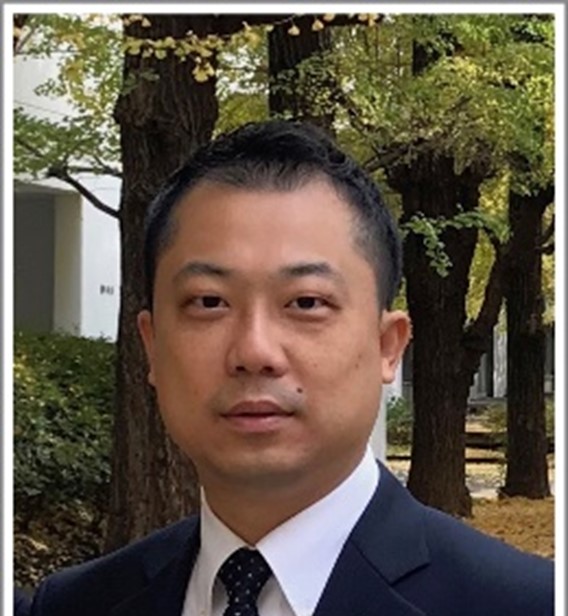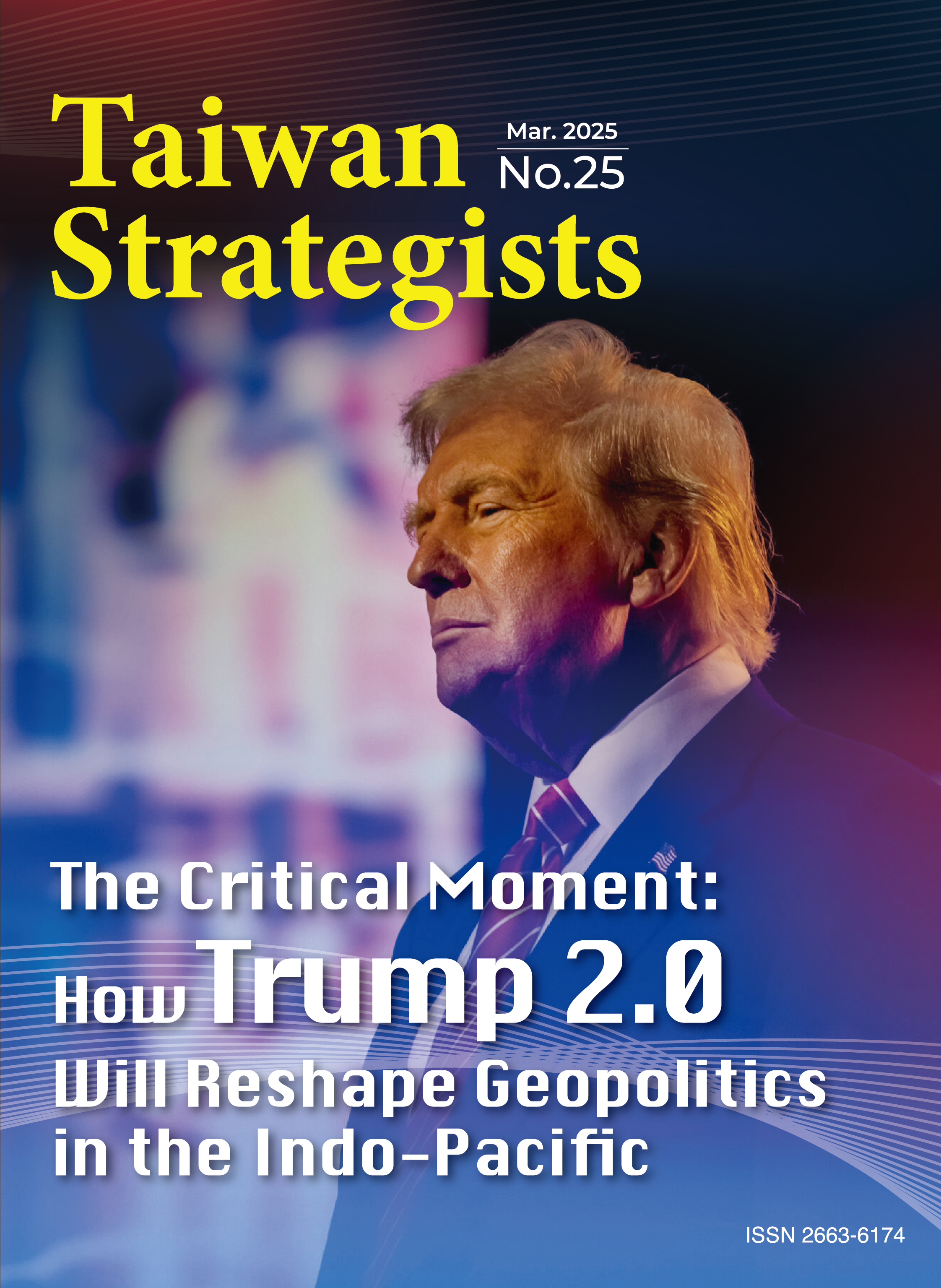Taiwan Strategists No. 25
Taiwan’s Opportunities and Challenges Under Trump 2.0
Albert Shihyi Chiu
Professor, Department of Political Science, Tunghai University
Abstract
Donald Trump’s return to the White House in 2025 presents new challenges and opportunities for Taiwan. Unlike during his first term, Trump has expressed skepticism toward Taiwan, particularly criticizing its semiconductor industry and demanding a sharp increase in its defense spending. His administration’s mix of isolationist and interventionist figures creates uncertainty about U.S. security commitments to Taiwan. Trump’s leadership style prioritizes economic nationalism and transactional diplomacy over traditional alliances. His ambiguous stance on defending Taiwan, coupled with isolationist voices in his administration, raises concerns about U.S. support in a Taiwan Strait crisis. However, Taiwan can leverage the bipartisan anti- China sentiment in Washington and its vital role in the semiconductor supply chain to maintain strategic ties with the U.S. To navigate Trump’s second term, Taiwan must adopt a pragmatic approach, focusing on economic contributions rather than ideological alignment. It should also prepare for possible shifts in U.S. policy, including exploring deterrence options. Understanding Trump’s transactional mindset is key to securing Taiwan’s interests in this evolving geopolitical landscape.
Keywords: Donald Trump, Taiwan, China, Transactional, Isolationism
How the Trump 2.0 Administration Will Reshape U.S.-China Relations
Yao-Yuan Yeh
Professor, Department of Political Science, University of St. Thomas
Abstract
This paper analyzes the Trump 2.0 administration’s “America First” policy and transactional diplomatic approach and uses these concepts to examine the future trajectory of U.S.-China relations. While Trump’s foreign policies may harm the interests of some U.S. allies, the United States has already identified China as its primary competitor. As a result, competition between the United States and China in international security, economics, and international influence is expected to intensify rather than diminish. Based on this assessment, the United States will likely increase its military presence in the Indo-Pacific region while maintaining strategic ambiguity regarding Taiwan to preserve its policy flexibility. Additionally, tariffs on China will continue to increase, supplemented by other measures to curb China’s excess industrial capacity. The concluding section offers policy recommendations for the Taiwanese government to strengthen its economic and security ties with the Trump administration. These recommendations will serve as references for policymakers.
Keywords: Trump 2.0 Administration, U.S.-China Relations, America First, Transactional Diplomacy, Competition
The Impact of the U.S.-Japan-Korea Leadership Changes on the U.S.-Japan, U.S-South Korea Alliance and the Security Situation in Northeast Asia
Yen-Hung Lin
Chief Secretariat Office Director, Institute for National Defense and Security Research
Abstract
The geopolitical dynamics of Northeast Asia are undergoing profound shifts. Leadership changes in the United States, Japan, and South Korea have introduced a degree of uncertainty while simultaneously opening new avenues for regional engagement. The increasingly assertive posture of China and the unpredictable behavior of North Korea pose significant challenges to regional security and stability. The security framework of Northeast Asia, long underpinned by the U.S.-Japan and U.S.-South Korea alliances, is in the midst of a nuanced yet pivotal realignment. While the fundamental commitments of these alliances remain intact, evolving strategic priorities and policy orientations of the new administrations may necessitate recalibrations in their operational strategies. For instance, the United States’ growing emphasis on equitable responsibilities among allies may incentivize Japan and South Korea to enhance their defense capabilities, thereby influencing the regional balance of power. This article examines trends in defense policy, economic collaboration, and public perception. Despite the challenges associated with leadership transitions, these developments also present opportunities to strengthen trilateral cooperation and enhance collective responses to regional threats.
Keywords: U.S.-Japan Alliance, U.S.-South Korea Alliance, Donald Trump, Shigeru Ishiba, Yoon Suk-yeol




